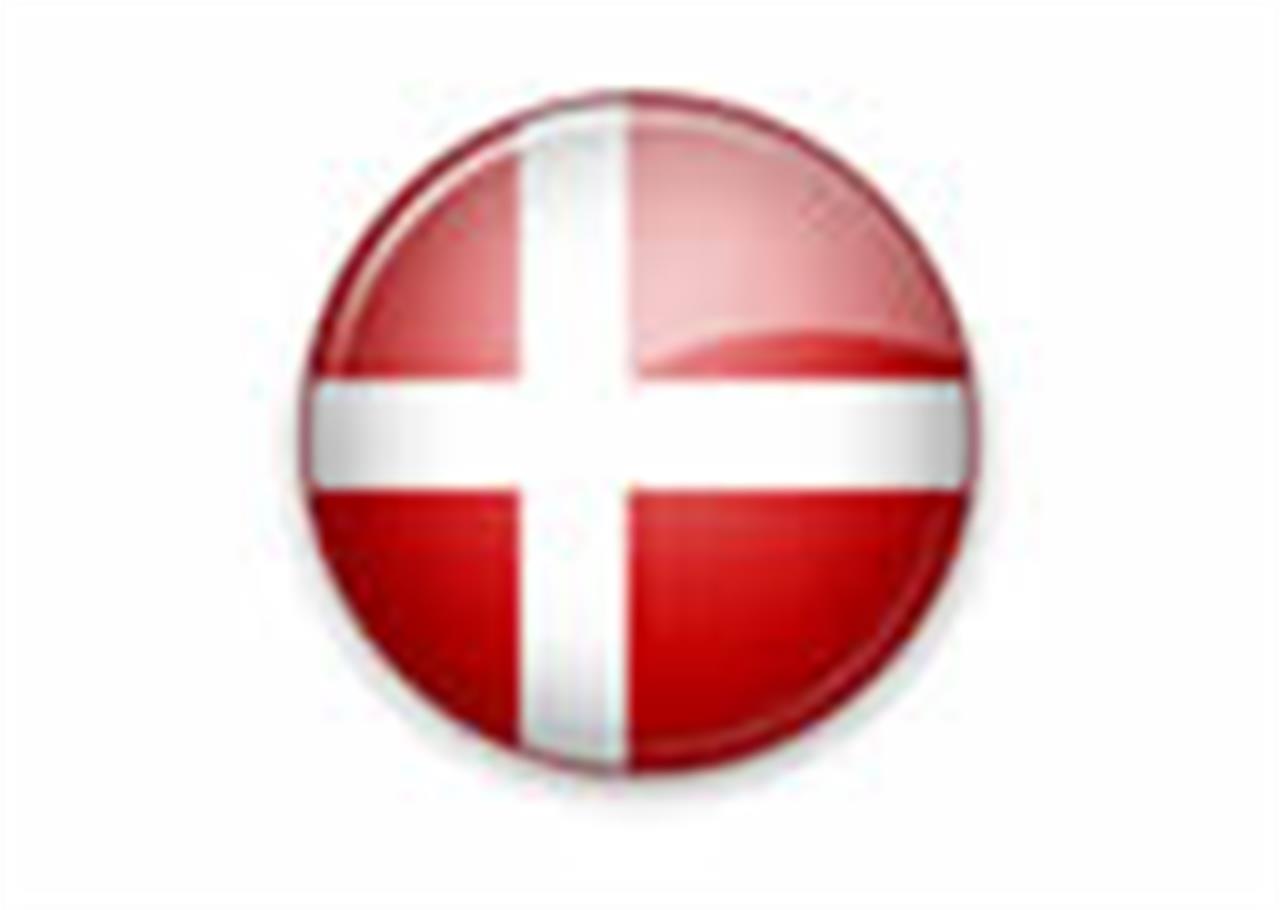A research on volunteering (2006) cited by Anne Liveng in Defourny and Pestoff (eds.), Images and Concepts of the Third Sector in Europe (EMES Working Papers Series, No. 08/02,2008) highlights the importance of the voluntary sector both in terms of employment (see the respective chapter) and in economic terms: the voluntary sector’s turnover in 2004 indeed amounted to approximately 134.5 billions DKK (approximately 18 billions €, at the current exchange rate): nearly 10 % of the overall Danish Gross National Product – GNP.
The 2007 Report entitled The Social Economy in the European Union (Chaves Ávila and Monzón Campos of the International Centre of Research and Information on the Collective Economy – CIRIEC for the European Economic and Social Committee – EESC; 2007; 2002 data) highlights that the Danish social economy is composed by (see also tables in attachment):
– according to Liveng (in Defourny and Pestoff eds., 2008), nationwide associations (whose orientation is more towards general public utility) amount to approximately 3,000 units, whereas local associations (which address more personal interests of the volunteers) are about 83,000 (2006’s estimates). Particularly strong in Denmark are the Housing Associations (source: www.givingineurope.org):
Public benefit foundations amount instead to 14,000 units, of which 9,472 are non-industrial (that is: non-commercial), whereas 1,293 are industrial foundations; all the foundations in Denmark has the status of public benefit institutions (University of Heidelberg – Centre for Social Investment – CSI and Max Planck Institute for Comparative and International Private Law’s Feasibility Study on a European Foundation Statute, 2009).
– 2,184 cooperatives and similar accepted forms.
– 2 mutual insurance companies.
THE SOCIAL ECONOMY IN DENMARK*
|
Co-operatives and other similar accepted forms |
Mutual Companies and other similar accepted forms |
Associations and other similar accepted forms |
|
– Cooperatives: (2004 : 39.107 jobs FTE 2.184 enterprises) -Agricultural cooperatives: 52.273 jobs 82.828 members
– Consumer cooperatives: some 500 cooperatives about 25.000 jobs 1.577.00 members
(Cooperatives Europe : 2006 70.152 jobs 1.961.600 members 1.291 enterprises)(1) |
Mutual Insurance companies (2005: 1.000 jobs 2 enterprises)
|
– Associations and foundations (2004: 120.657 jobs FTE 12.877 entities)
(Johns Hopkins: 2004: 140.620 jobs FTE 36,2% in education and 28,3% in social services) |
|
39.107 jobs FTE 2.184 enterprises |
1.000 jobs 2 enterprises |
120.657 jobs FTE 12.877 entities |
* Source: Gurli Jakobsen based on “Nyt fra Danmarks Statistik”, Danmarks Statistik (2006), Danske Andelsselskaber and www.fdb.dk.
(1) Fuente : Cooperatives Europe, Intermediary Report, 2007.
The paper by Liveng (in in Defourny and Pestoff eds., 2008) states also that half of all the organisations in the third sector were set up after 1975, one quarter after 1990.
Sources of income
Approximately one third of the Danish non profit organizations relies for around 50 % on public funding (from national and local institutions), whose a large part comes from the country lotteries. The remaining two thirds receive the bulk of their funding from membership fees and donations by individuals or foundations (source: www.givingineurope.org).
The relation with the state
According to the Report by by Anne Liveng (in Defourny and Pestoff eds., 2008), the state and the non profit sector have always been in connection, and more and more in recent years, in particular in the social area. This is due to the fact that third sector organizations were often involved in the politically-decided programmes, and some organizations have been relying less on voluntary workforce than on paid staff.
Si può usare la Carta docente per abbonarsi a VITA?
Certo che sì! Basta emettere un buono sulla piattaforma del ministero del valore dell’abbonamento che si intende acquistare (1 anno carta + digital a 80€ o 1 anno digital a 60€) e inviarci il codice del buono a abbonamenti@vita.it

